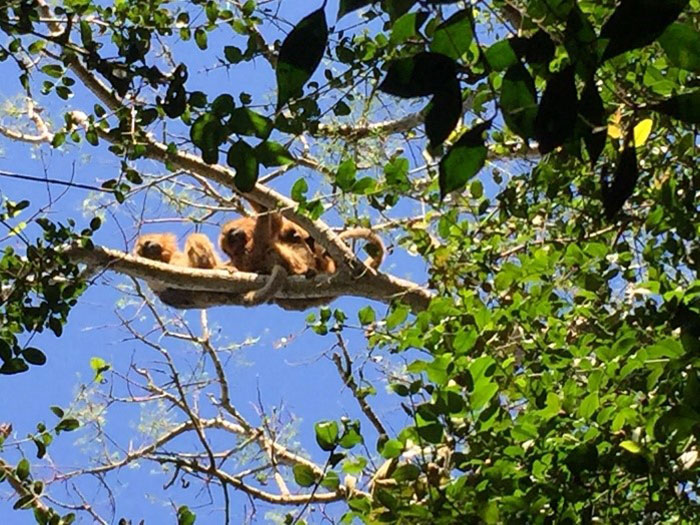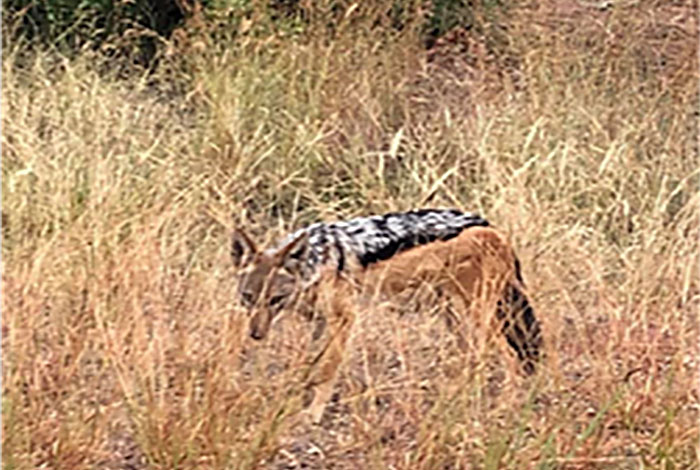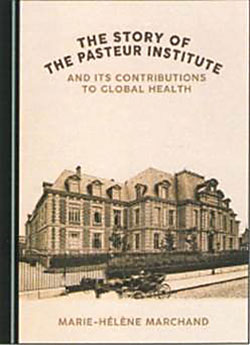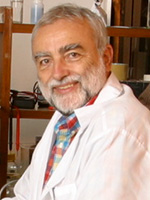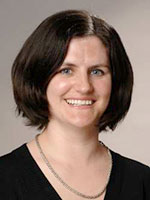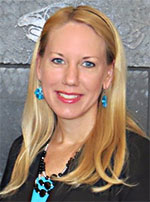One Health Newsletter - Volume 11 Issue 2
| The theme of this issue is Fieldwork in One Health. All of the articles below display exciting applications of the One Health concept. This issue of the One Health Newsletter was written by professionals, post doctoral associates, and graduate/veterinary students with the assistance of our faculty editorial board and guest contributors. | |
One Health Fieldwork: A Closer LookBy Paige Adams, Helena Chapman, Ellyn Mulcahy and Jean Paul Gonzalez The concept of single health is the concept of a health sensu lato that extends from infectious and degenerative diseases to traumatology and nutrition. |
|
One Health in Action: A Field Pilot Study on Rabies in EthiopiaBy Tariku jibat Beyene Through extensive fieldwork, this project aimed to explore the health and economic burden of rabies in humans and livestock. |
|
Giardia intestinalis in Argentina: A One Health Field StudyBy Sahana Kuthyar This study examined the prevalence of Giardia intestinalis infection and genotypes in a diverse array of species, including black-and-gold howler monkeys, humans, dogs, and cattle, in Northern Argentina. |
|
Wildlife and One Health: From Jackal to HumansBy Shabangu Ntji A fieldwork model for One Health that places wildlife as the starting point of inquiry when it comes to infectious diseases. |
|
The Pasteur Institute and Global HealthBy JP Gonzalez A review of “The Story of the Pasteur Institute and Its Contributions to Global Health" |
|
Climate Change and Extreme Weather Events: A One Health Perspective is the topic of Kansas City One Health Day on Nov. 6 |
|
Winter/Spring 2020 One Health Newsletter - Call for ArticlesThe theme for the next One Health Newsletter is One Health Communication and Education. We are calling all One Health professional and student advocates to submit article ideas to one of the editorial board members. The expected distribution for the next newsletter will be in January 2020. |
|
For other One Health news and events, please visit... |
|
 |
 |
|
One Health Academy The One Health Academy supports a monthly seminar series that aims to enhance interdisciplinary collaborations, networking, and informal mentoring among health professionals, industry, and policy makers across various scientific topics that influence human, animal, and ecosystem health. |
 |
Faculty Editorial Board |
|
 Paige Adams College of Veterinary Medicine Kansas State University |
Jean-Paul J. Gonzalez |
|
|
Helena Chapman |
|
|
|
Student Editors |
|
|
Valerie Jojola Mount A graduate student in the Master of Public Health program at Kansas State University. Her general focus is in infectious disease and zoonoses, with aspirations to further concentrate in epidemiology. She obtained a B.A. from the University of New Mexico in Biological Anthropology. Of particular interest for her is how the social determinants of health impact patterns of behavior like breastfeeding, particularly in American Indian populations. Megan Eppler A graduate student in the Master of Public Health program at Kansas State University. Her general focus is in infectious disease and zoonoses and she hopes to pursue the field of parasitology. She has a passion for aiding populations with limited medical care where parasites are prevalent. The near-eradication of Dracunculus medinensis by the Carter Center inspired her to care for overlooked medical problems, such as entire villages falling blind from Onchocerca volvulus. Megan graduated with a B.S. in Biology and an English minor from Kansas State University. |
|
Authors |
|
Micro-Editorial: Policy EditionEditorial Board |
|
One Health in Action: A Field Pilot Study on Rabies in EthiopiaTariku jibat Beyene - author info Tariku received his DVM and joint MSc degrees from Addis Ababa University/Ethiopia and Freie Universität Berlin/Germany respectively. He also received his PhD degree from Wageningen University/The Netherlands. His areas of research interest include the application of methods from epidemiology, economics to study infectious diseases and food safety risks to develop practical and feasible mitigation tools. |
|
Giardia intestinalis in Argentina: A One Health Field StudySahana Kuthyar - author info Aspiring disease ecologist interested in host-microbe interactions at multiple scales. She is especially interested in understanding commensal host-microbiota interactions and how they are disrupted during pathogenic infection, as well as how these changes shape host health. She graduated with a B.S. and an M.S. in Environmental Sciences from Emory University, and she currently manages a gut microbiome lab at Northwestern University. |
|
Wildlife and One Health: From Jackal to HumansShabangu Ntji - author info Earned a Bachelor of Science in Zoology and Botany and a Bachelor of Science (hons) in Zoology, from the University of Venda, South Africa. She recently completed a Masters degree in Veterinary Science from the University of Pretoria, South Africa, under the supervision of Prof Matjila P.T. Her research topic was on the Occurrence of Babesia rossi in domestic dogs, African wild dogs and Black-backed jackals in South Africa. She was the recipient of the 2017 World Association for the Advancement of Veterinary Parasitology African Foundation Scholarship for a Veterinary Parasitology Conference in Kuala Lumpur, Malaysia. |
|
The Pasteur Institute and Global HealthJean Paul Gonzalez - author info Adj. Professor, Department of Microbiology & Immunology, Division of Biomedical Graduate Research Organization. School of Medicine, Georgetown University. |
|
Web layout for the One Health Newsletter edited by Joe Montgomery, Director of Communications, College of Veterinary Medicine at Kansas State University.
One Health Newsletter
The One Health Newsletter is a collaborative effort by a diverse group of scientists and health professionals committed to promoting One Health. This newsletter was created to lend support to the One Health Initiative and is dedicated to enhancing the integration of animal, human, and environmental health for the benefit of all by demonstrating One Health in practice.
To submit comments or future article suggestions, please contact any of the editorial board members.
